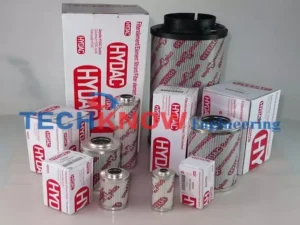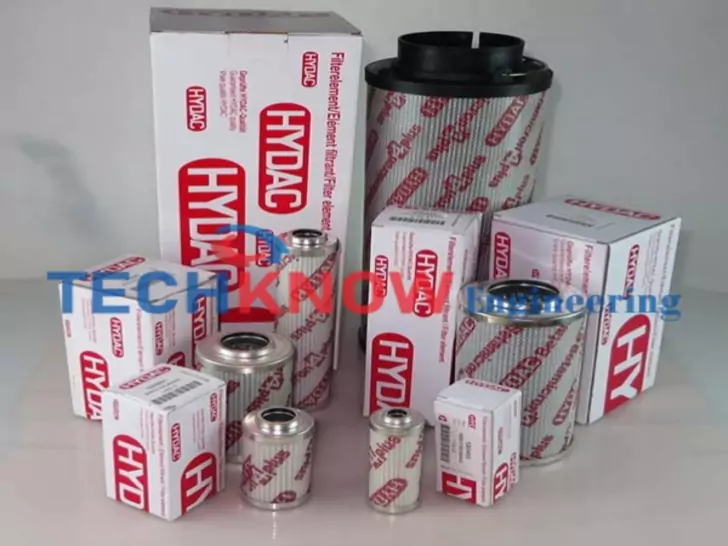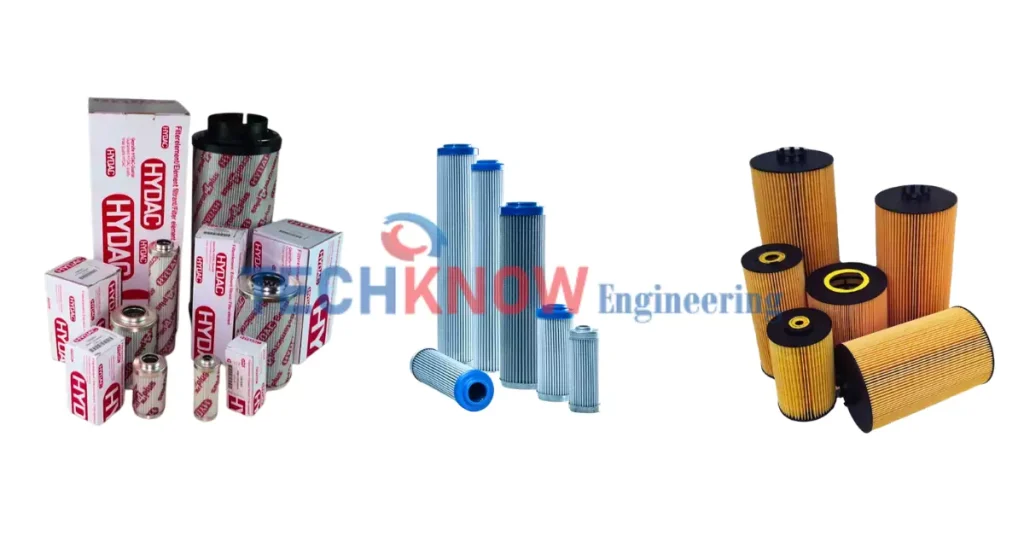What Is a Filter Element? A Complete Guide
Filter Elements are the unsung heroes of countless industrial processes, quietly ensuring machinery runs smoothly and efficiently. But what exactly are these components, and why are they so crucial to modern operations?
A filter element is the replaceable part of a filtration system that physically captures and removes contaminants from fluids, gases, or air. Think of it as the working heart of any filter whilst the housing provides structure and connections, the element does the actual cleaning work. These components protect expensive equipment, maintain product quality, and ensure compliance with environmental standards across industries ranging from automotive manufacturing to pharmaceutical production.
Understanding filter elements becomes essential when you consider that contaminated fluids can cause equipment failure, reduce efficiency, and lead to costly repairs. By the end of this guide, you’ll know exactly what filter elements are, how they work, and how to choose the right one for your needs.
Types of Filter Elements
Filter elements come in several distinct designs, each engineered for specific applications and performance requirements.
- Pleated filter elements feature accordion-style folds that dramatically increase the surface area within a compact space. This design allows for higher dirt-holding capacity and longer service life, making them ideal for applications requiring fine filtration with minimal pressure drop.
- Resin-bonded filter elements use synthetic resins to bind filtration media together, creating a robust structure that maintains integrity under high pressures and temperatures. These elements excel in hydraulic systems where consistent performance is critical.
- Wire mesh elements consist of woven or welded metal screens that provide excellent flow rates whilst capturing larger particles. They’re particularly useful in applications where the filter element needs frequent cleaning and reuse.
- Membrane filter elements utilise thin, porous membranes to achieve extremely fine filtration, often down to sub-micron levels. These are commonly found in pharmaceutical and food processing applications where absolute purity is paramount.
Materials Used in Filter Elements
The choice of filtration media directly impacts performance, durability, and suitability for specific applications.
- Cellulose fibres: form the foundation of many traditional filter elements. They offer excellent particle retention at an economical price point, though they’re limited to moderate temperatures and certain chemical environments.
- Synthetic materials: such as polyester and polypropylene provide superior chemical resistance and can withstand higher operating temperatures. These materials maintain their structural integrity longer than natural fibres, resulting in extended service intervals.
- Metal mesh materials: including stainless steel and bronze offer exceptional durability and can be cleaned for reuse. They’re particularly valuable in high-temperature applications or where the filtered medium might damage organic materials.
- Glass fibre media: delivers outstanding fine particle retention whilst maintaining good flow characteristics. However, it requires careful handling due to its brittle nature.
Applications Across Industries
Filter elements serve critical functions across diverse industrial sectors, each with unique requirements and challenges.
- In automotive applications, filter elements protect engines, transmissions, and hydraulic systems from contamination. Engine air filters prevent dust and debris from damaging internal components, whilst oil filters remove metal particles and combustion byproducts that could cause premature wear.
- Manufacturing industries rely on filter elements to maintain the quality of compressed air systems, hydraulic equipment, and process fluids. Clean compressed air prevents defects in paint finishes and ensures pneumatic tools operate reliably.
- Food and beverage processing demands filter elements that meet strict hygiene standards whilst removing particles, bacteria, and other contaminants that could compromise product safety or quality.
- Pharmaceutical manufacturing requires ultra-fine filtration to ensure sterility and remove particles that could affect drug efficacy or patient safety. Filter elements in these applications often undergo rigorous validation testing.
Benefits of High-Quality Filter Elements
Investing in premium filter elements delivers measurable returns through improved performance and reduced operating costs.
Superior particle retention protects downstream equipment from wear and damage, significantly extending component life. This protection is particularly valuable in hydraulic systems where even microscopic particles can cause precision components to fail prematurely.
High-quality elements maintain consistent flow rates throughout their service life, ensuring system performance remains stable. Cheaper alternatives may start well but quickly become restrictive as they load with contaminants.
Extended service intervals reduce maintenance costs and system downtime. Premium elements typically last 50-100% longer than economy alternatives, more than offsetting their higher initial cost.
Better chemical compatibility ensures filter elements won’t degrade or contaminate the filtered medium, maintaining system integrity and preventing costly fluid replacement.
Maintenance and Replacement Tips
Proper maintenance maximises filter element performance and prevents unexpected failures that could damage expensive equipment.
- Monitor pressure differentials: regularly, as increasing pressure drop indicates element loading. Most systems should trigger replacement when pressure differential reaches 1.5-2 times the clean element reading.
- Follow manufacturer recommendations: for replacement intervals, but adjust based on actual operating conditions. Harsh environments may require more frequent changes, whilst clean conditions might allow extended intervals.
- Inspect removed elements: for unusual wear patterns, damage, or premature loading that might indicate upstream problems or incorrect element selection.
- Store spare elements properly: in clean, dry conditions away from temperature extremes. Damaged packaging can compromise element integrity before installation.
- Use genuine or equivalent quality replacements: rather than cheap alternatives that may not meet original specifications. At Techknow Engineering Enterprise, we’ve seen countless examples where inferior elements led to system failures costing far more than the savings on the filter itself.
Choosing the Right Filter Element for Your Needs
Selecting the appropriate filter element ensures optimal system performance whilst balancing cost and service life. Consider these key factors when making your choice.
- Filtration requirements determine the micron rating needed for your application. Finer filtration isn’t always better overly restrictive elements can create unnecessary pressure drops and shorter service life.
- System operating conditions including temperature, pressure, and chemical compatibility must match element specifications. Operating outside these parameters can lead to element failure and system contamination.
- Flow rate requirements influence element size and design. Undersized elements create excessive pressure drops, whilst oversized elements may not achieve proper filtration velocity.
Filter elements may seem like simple components, but they play a vital role in protecting equipment, maintaining quality, and ensuring reliable operation across countless applications. Understanding their types, materials, and proper maintenance helps you make informed decisions that optimise system performance whilst controlling costs.
Whether you’re maintaining hydraulic equipment, protecting air compressors, or ensuring product quality in manufacturing processes, choosing the right filter element is an investment in operational reliability and long-term success.
Filter Element

Filter elements are essential for removing contaminants across industries like manufacturing, automotive, and oil & gas. Learn about their types, materials, uses, and maintenance for optimal performance. Discover how the right filter element improves efficiency, extends equipment life, and ensures reliability.
Product Brand: Techknow Engineering Enterprise
Product Currency: INR
Product In-Stock: InStock
5


